If you’ve had to deal with a dog who had itching skin, also known as pruritus, you know how exasperating that can be. Itchiness makes your dog very uncomfortable, while the scratching noises can easily get on your nerves. Fortunately, there are some effective home remedies that you can use to stop the scratch.
The best way to prevent and stop dog itching is to give a balanced diet. A balanced diet contains all the vitamins necessary for healthy skin. You can also give an oatmeal bath, or use apple cider vinegar, to treat itchiness in dogs. However, these are not the only remedies. Let’s check out all the nine ways you can treat an itching dog at home.
9. Balanced Diet
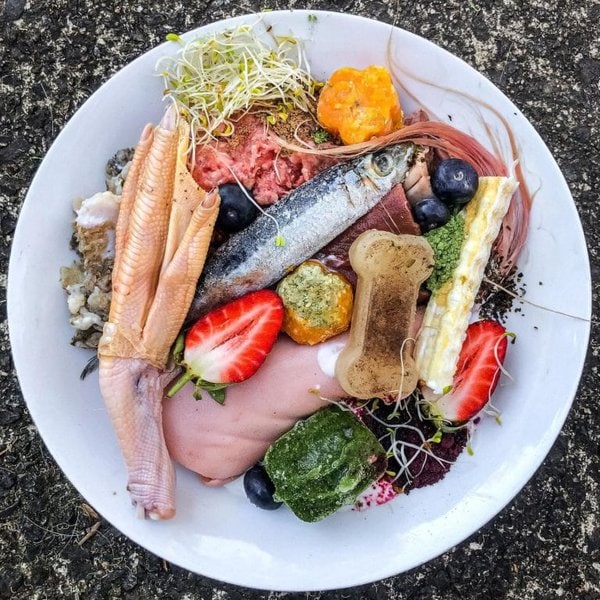
The best way to treat and prevent itchiness in dogs is to always give your canine buddy a balanced diet. You should particularly ensure that your dog’s diet contains healthy carbohydrates and omega-3 fatty acids.
A good source of these nutrients is foods made from fish. Sweet potatoes are also a great source of healthy carbohydrates. However, you should never change your pooch’s diet abruptly. Introduce the new food gradually to avoid negative reactions.
8. Oatmeal Baths

An oatmeal bath helps your four-legged buddy in two ways. First, it will wash off allergens trapped in your doggie’s fur that could be causing the itchiness. Second, it helps reduce inflammation in the affected area.
Sprinkle some oatmeal powder into your dog’s bathwater, and then let your pooch sit in the water for about 10 to 15 minutes. Alternatively, mix the powder into a paste and apply it directly to the affected area.
7. Plain Yogurt
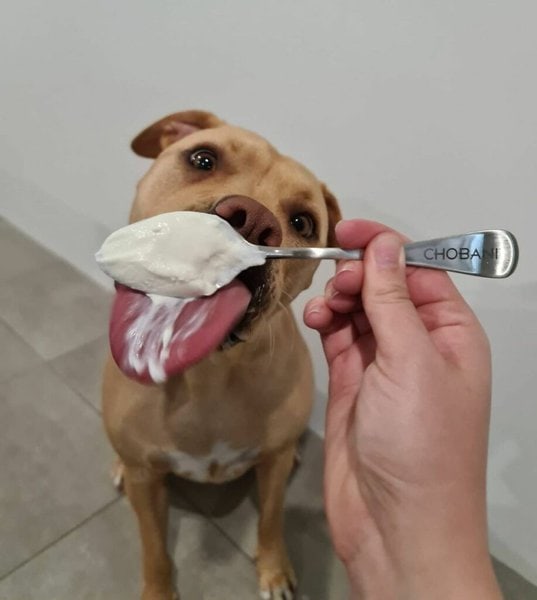
Plain yogurt is a great remedy for itchiness caused by yeast infections. If you notice hives and rashes on the itchy parts of your canine buddy’s skin, try giving plain yogurt.
Plain yogurt contains beneficial bacteria that are good for your dog’s gut health. Giving your dog plain yogurt will restore the balance of these bacteria in your dog’s gut and help fight off yeast infections. Plain yogurt is also great for boosting your dear Fido’s immunity.
6. Chamomile And Green Tea Baths
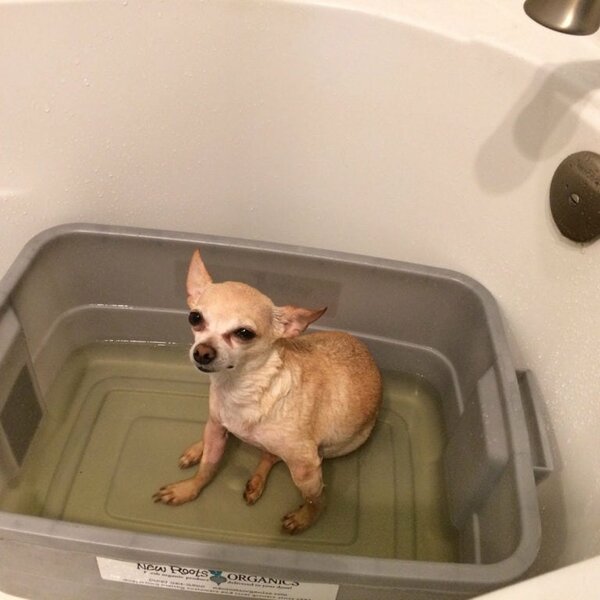
Chamomile and green teas have amazing anti-inflammatory effects, and fortunately, these green teas can also be used to stop itching in your dog.
To treat your dog’s itchiness using chamomile or green teas, simply prepare a bath with some lukewarm water and drop several tea bags in the water. Give about five minutes for the water to absorb the tea, and then let your pooch sit in the water for about 5 minutes.
5. Aloe Vera
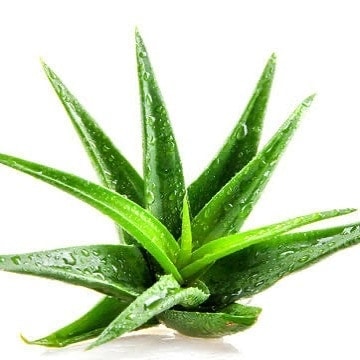
This plant contains several healing properties and can be a great remedy for a dog with itching skin. Aloe Vera helps reduce temperature and redness in the affected area and helps heal any sores caused by scratching.
If you have an Aloe Vera plant in your yard, you can simply cut off a leaf and apply the sap directly to the affected area. Alternatively, you can buy aloe vera extract from a drug store.
4. Olive Oil

Olive oil is loaded with Vitamin E and antioxidants, which are important for your dog’s skin health and can help ease itching.
There are two ways to use olive oil to stop itching. You can either apply the olive oil directly to the affected area of your pooch’s skin or add about one tablespoon of the oil to your dog’s food. Aside from soothing the itchiness, olive oil will give your dog a healthier coat and skin.
3. Apple Cider Vinegar

Apple cider vinegar contains antifungal and antiseptic properties that make it a great remedy for dry, itchy skin. To use apple cider vinegar as a remedy for itchy skin, mix it with water and spray the solution on the affected area of your dog’s skin.
Note, however, that apple cider vinegar should not be used on open skin and sores caused by scratching. This will make the wound sting and lengthen the healing process.
2. Quercetin
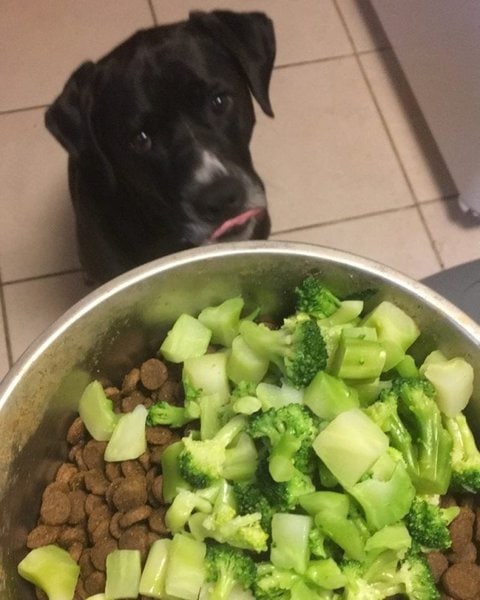
Quercetin is a flavonoid that is found in many vegetables and fruits. Like coconut oil, quercetin has anti-inflammatory, antioxidant, and antihistamine properties that make it an effective treatment for itchy skin in dogs.
You can give your dog quercetin through foods like spinach, broccoli, kale, green apples, and asparagus. Alternatively, you can give your dog quercetin supplements, which come as capsules or pills. If you decide to give quercetin supplements, consult your vet for the right dosages.
1. Coconut Oil
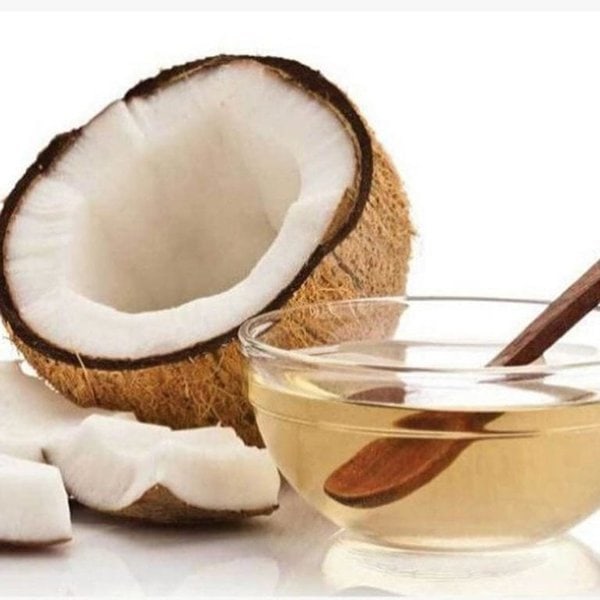
Coconut oil contains antifungal and antibacterial properties that make it effective for treating some of the skin infections that could be causing itchiness in your dog. It is also very effective at soothing the pain that comes with allergies, and dog eczema.
To use coconut oil to treat itchiness, apply the oil directly to the itchy part on your doggie’s skin. Aside from its soothing effect, coconut oil will also heal any wounds caused by scratching.
Related Questions
Why Is My Dog So Itchy But Has No Fleas? Itchiness in dogs can be caused by things like food and environmental allergies, skin infections, mites, or contact dermatitis. If you use the home remedies described above and they don’t ease your dog’s itchiness, you should have your dog checked out by a vet to diagnose the problem.
What Causes A Dog To Itch All The Time? If your dog is itching all the time, there is a high chance that the dog could be infected with mites. However, the itching could still be caused by other factors, such as yeast infections or other health conditions, so it is best to take your dog to the vet to have them checked out.
How Do I Know If My Dog Has Mites? Some signs and symptoms of a mite infection in dogs include white flakes on your dog’s skin, itchiness, loss of hair, sores, lesions on the ankles and elbows, and skin redness. Fortunately, most mite infections can be treated with a simple anti-parasitic shampoo. In some cases, however, the vet could prescribe some medication.





